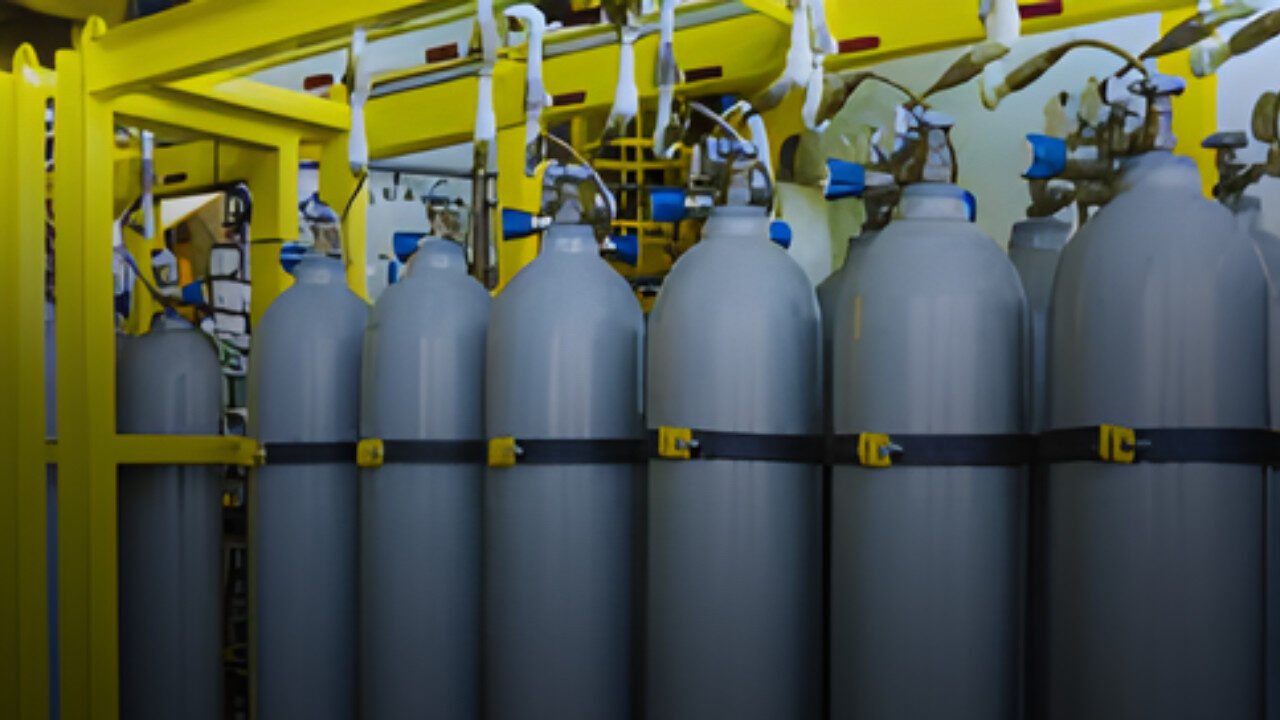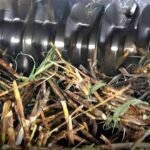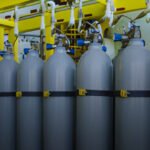By Muhammad Luqman
Pakistan has quietly reached a major milestone — the country is now producing all the key industrial gases it once had to import. From oxygen to nitrogen and argon, local companies are meeting domestic demand and even starting to export.
Local Manufacturing Replaces Imports
Not long ago, Pakistan was dependent on imports for these essential gases. Today, that picture has changed dramatically.
In a conversation with this reporter, Hafiz Farooq Ahmad, Chief Executive Officer of Ghani Chemical Industries, said that five industrial units across the country are now producing between 600 and 700 metric tons of gases every day. “We are even exporting gases like argon,” he noted proudly.
Ghani Chemical Industries is Pakistan’s second-largest oxygen producer and one of the major players in this growing sector.
Air Separation Units Boost Industrial Growth
According to Ahmad, eight air separation units are currently operating nationwide. These plants extract oxygen, nitrogen, and argon directly from the air, while also producing hydrogen and acetylene for industrial use.
Air, he explained, is a natural blend of gases — mainly oxygen, nitrogen, argon, and traces of other elements, along with water vapor.
Recently, Ghani Chemical Industries completed Pakistan’s largest and most advanced air separation unit at the Hattar Special Economic Zone.
This high-tech facility can produce up to 275 tons of liquid oxygen, liquid nitrogen, and liquid argon per day — a major leap for the country’s manufacturing capabilities.
Rising Demand for Specialty and Rare Gases
Industrial gases like these are vital to several sectors, including cement, steel, food processing, and healthcare. They are used in both liquid and gaseous forms for cooling, welding, packaging, and medical applications.
The demand for specialized gases, especially argon and rare gases such as neon, krypton, and xenon, is rising with the growth of research and technology-based industries.
Similarly, nitrogen and carbon dioxide — key ingredients in packaged food preservation — are in high demand as consumption of ready-made and canned foods continues to grow.
Ahmad said Pakistan now imports only helium and a few specialized gas mixtures, and that too in very small quantities. Last year, the country even exported 50 tons of argon gas to the United Arab Emirates.
Self-Sufficiency Strengthens Industrial Stability
He recalled how, during the COVID-19 pandemic, Pakistan’s oxygen industry managed to meet all local needs without any shortages. “We even offered to export oxygen to India, but they declined,” he said.
Ahmad urged the government to introduce business-friendly policies to help the gas industry expand and tap into the global industrial gas market. He pointed out that electricity, the main input in gas production, should be made affordable, and that the tax system needs to support growth rather than limit it.
Industry Leaders Call for National Gas Policy
Business leaders across the country have praised this progress toward self-sufficiency but believe more needs to be done. They say Pakistan should create a clear industrial gas policy to encourage modernization and boost exports to regional markets.
“Industrial gases are an essential raw material for large-scale manufacturing. The cheaper the gases, the greater the output,” said Kashif Anwar, former president of the Lahore Chamber of Commerce and Industry.
He added that local producers should be encouraged to export gases like oxygen and nitrogen to bring in valuable foreign exchange and strengthen Pakistan’s industrial economy.
Author Profile
-
Muhammad Luqman is an experienced journalist specializing in agriculture, livestock, and rural development in Pakistan.
He writes insightful reports on government initiatives, economic potential, and policy impacts in the agriculture and livestock sectors, highlighting how local programs shape livelihoods and boost national and international markets.





